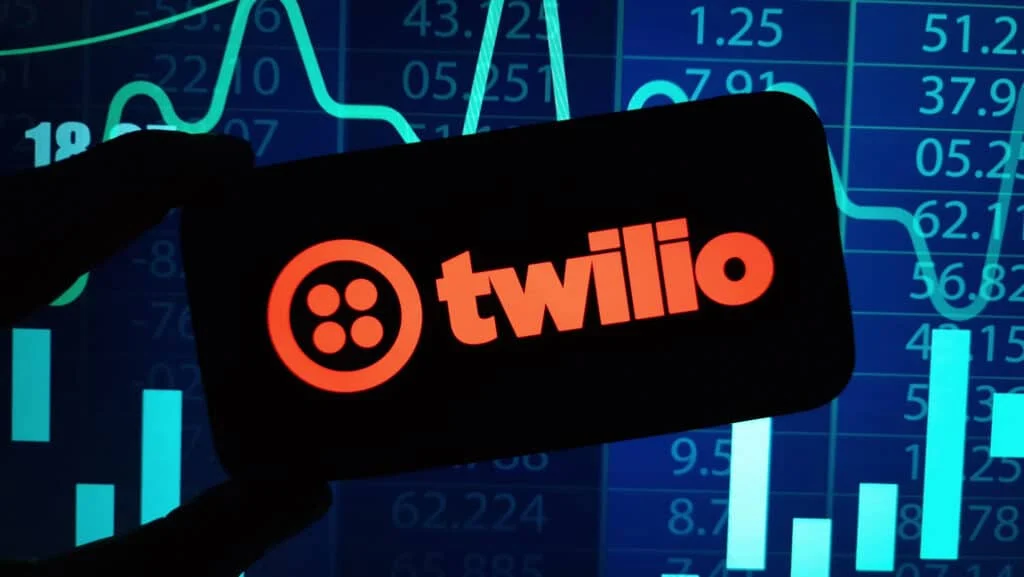The Six Five team discusses genAI trends in 2024.
If you are interested in watching the full episode you can check it out here.
Disclaimer: The Six Five Webcast is for information and entertainment purposes only. Over the course of this webcast, we may talk about companies that are publicly traded and we may even reference that fact and their equity share price, but please do not take anything that we say as a recommendation about what you should do with your investment dollars. We are not investment advisors and we ask that you do not treat us as such.
Transcript:
Daniel Newman: Listen, 2024 is the year of implementation. 2024 is the year that all the investments made in ’23. All the launches, every stage that Jensen Huang graced us with to talk about Salesforce, ServiceNow, IBM, AWS, everywhere else, whether it was large language models, applications, CX, DevOps, DevSecOps or DevSecITOps or DevSec, IT, observability ops or so on, we’re going to start to see companies looking to meaningfully implement to gain these productivity advantages and to create these efficiencies in their business and the spending in the middle enterprise, the larger enterprise, these companies are going to turn up the jets.
So future of Intelligence did a large survey. We looked at over a thousand enterprise buyers, larger companies that are making investments. And we found that there’s an expectation, Pat, that there’s going to be a 3X investment in AI implementations at the multimillion dollar spending level. Meaning, companies are going to be spending multiple millions on the implementation of AI at about threefold higher level than they did last year. So that’s a big spending increase. And what are they looking for? Well, they’re looking for just a couple of things amongst their buyers. They’re, one, looking for expertise. Now, expertise is still nascent and new in this area. Everybody says they’ve got it. Most of these applications are still pretty new. Most deployments are still in proof of concept or early innings. And so the implementation is going to be largely done through SIs.
There’s been a show through our research that there’s a fickleness among enterprises, meaning they’re bouncing between different SIs and different vendors because they’re looking for not only that expertise, but that speed of implementation. They want it fast. And it’s also opening the door, I think, to really out of the box. And the early iterations of AI will be heavily out of the box. Because people using Salesforce or Oracle NetSuite, they want to be able to get AI benefits and features without having to build and implement major stacks to their technology. They want their data to be able to use some sort of very easy to plugin IPAs to hit system to system and be able to do forecasting, do churn, do predictability. And so I think it’s going to be a big year for this, Pat. I think we’re not going to be fully implemented by any imagination. But kind of the way I see a wave of training to inference, I see a wave of investment to implementation that’s going to take place in 2024.
Patrick Moorhead: So it is the year of productivity, and I think that’s going to be, first and foremost, the big driver. Same people getting more work done, less people getting the same work done. What kind of work is that going to be? It’s going to be the work that wasn’t transformed by dotcom and that wasn’t transformed by Web 2.0. Dotcom impacted travel agents, stockbrokers, brick and mortar, electronic stores. Web 2.0 is about streaming music and movies and content and free news and stuff like that. And we’ve seen how that transformed.
So this round, it’s about legal, it’s about healthcare, it’s about accounts payable, it’s about accounts receivable, call centers. The sea of cubes when you walk into a large company today, that, first and foremost, is going to be transformed by generative AI, productivity tools, first starting with SaaS, like we’ve seen from Microsoft, Google, and Salesforce. And then building your own applications, with the likes of IBM, Dell, HPE, Lenovo supporting that. So that is. It’s about implementation. And we need to find new ways to measure this. And there will be new winners, right? The folks not getting a lot of credit today for, or they got last year, you’re going to start seeing increased revenue and increased profits driven by this.
Daniel Newman: And those business models will come to life.
Patrick Moorhead: Yeah, absolutely. And there’s charge more for it, Microsoft model. Give it away for ‘free’, which is the Zoom model, right?
Author Information
Daniel is the CEO of The Futurum Group. Living his life at the intersection of people and technology, Daniel works with the world’s largest technology brands exploring Digital Transformation and how it is influencing the enterprise.
From the leading edge of AI to global technology policy, Daniel makes the connections between business, people and tech that are required for companies to benefit most from their technology investments. Daniel is a top 5 globally ranked industry analyst and his ideas are regularly cited or shared in television appearances by CNBC, Bloomberg, Wall Street Journal and hundreds of other sites around the world.
A 7x Best-Selling Author including his most recent book “Human/Machine.” Daniel is also a Forbes and MarketWatch (Dow Jones) contributor.
An MBA and Former Graduate Adjunct Faculty, Daniel is an Austin Texas transplant after 40 years in Chicago. His speaking takes him around the world each year as he shares his vision of the role technology will play in our future.







